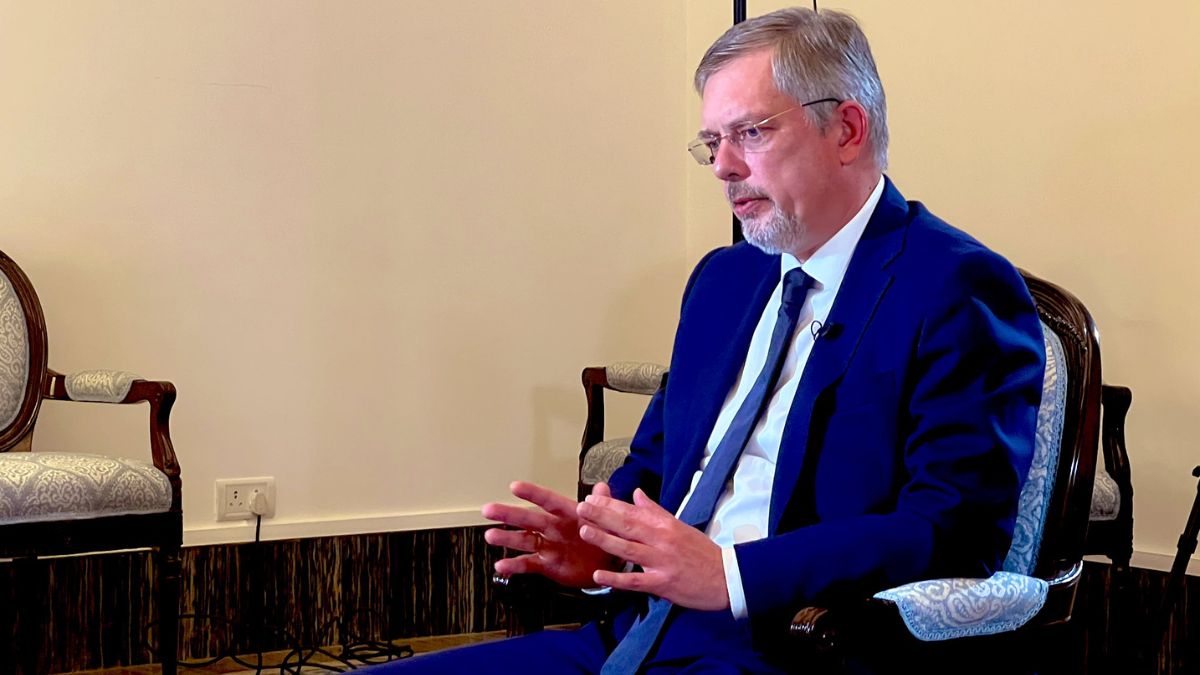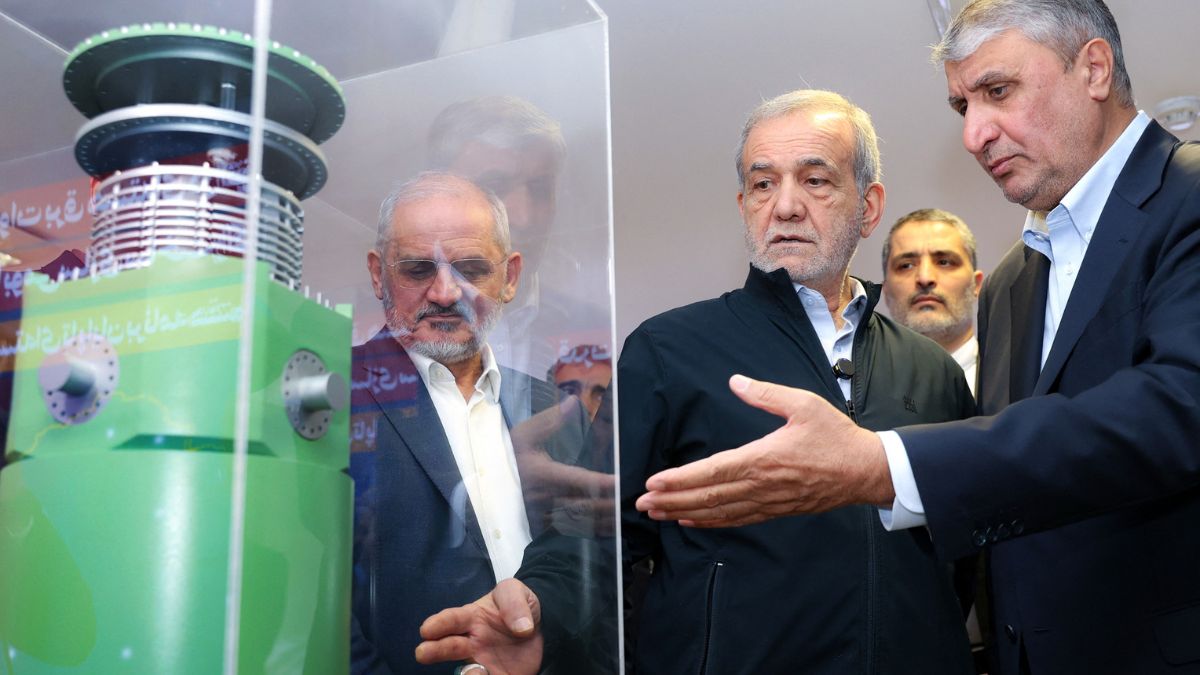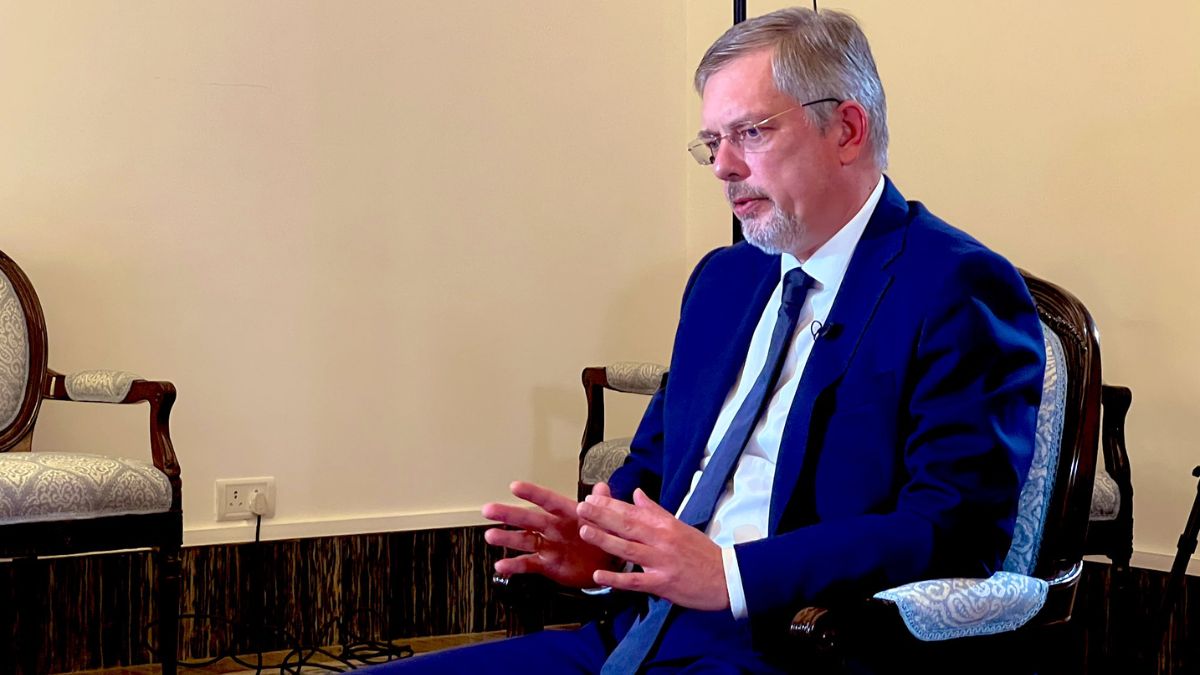Sudan’s Rapid Support Forces (RSF) launched one of the deadliest attacks of the war this week, targeting famine-stricken camps for displaced people in Darfur, leaving more than 100 dead—including 20 children and nine aid workers, according to a UN official on Saturday.
The assault, described by some as one of the worst violations since the conflict began, stretched over two days starting Thursday and devastated homes, markets and healthcare centers, the General Coordination of Displaced Persons and Refugees said in a statement.
The group condemned the attack as “a war crime and crime against humanity,” noting that the majority of victims were women and children. It also reported a similar RSF strike on Abu Shouk Camp earlier in the week that killed at least 35 civilians.
“The humanitarian situation in al-Fasher is collapsing,” the group warned, citing worsening famine, lack of medicine and total insecurity.
UN Humanitarian Coordinator Clementine Nkweta-Salami said in a statement on Saturday that at least 100 civilians were killed in Abu Shouk and Zamzam camps, which host over 700,000 displaced people, many of whom are now trapped without safe refuge.
Relief International, the last organisation providing critical services at Zamzam Camp, reported that its clinic was overtaken and nine staff members, including doctors and drivers, were killed.
”This was a targeted attack on the most vulnerable – elderly people, women, and children,” it said in a statement. ”Our clinic, the last remaining access to healthcare in Zamzam, was also part of this attack.”
The RSF dismissed allegations of atrocities in Zamzam Camp as fabricated, claiming a recently circulated video depicting civilian suffering was staged by the Sudanese army.
In a statement on Saturday, it accused its rivals of orchestrating a media campaign using actors and staged scenes within the camp to falsely incriminate them.
It denied responsibility for any attacks on civilians, reiterated its commitment to international humanitarian law, and criticised what it described as a propaganda effort aimed at tarnishing its reputation and distracting from the real crimes committed against the Sudanese people.
The war in Sudan erupted in April 2023, sparked by a power struggle between the army and the RSF, shattering hopes for a transition to civilian rule.
The offensive forced about 2,400 people to flee the camps and el-Fasher, according to the General Coordination for Displaced Persons and Refugees, a local group in Darfur.
Zamzam and Abu Shouk shelter more than 700,000 people who have been forced to flee their homes across Darfur during past bouts of fighting in the region, Nkweta-Salami said.
Late last month, the Sudanese military regained control over Khartoum, a major symbolic victory in the war. But the RSF still controls most of Darfur and some other areas.
The two camps are among five areas in Sudan where famine was detected by the Integrated Food Security Phase Classification, IPC, a global hunger monitoring group. The war has created the world’s largest humanitarian crisis, with about 25 million people — half of Sudan’s population — facing extreme hunger.
With inputs from agencies


)
)
)
)
)
)
)
)
)



